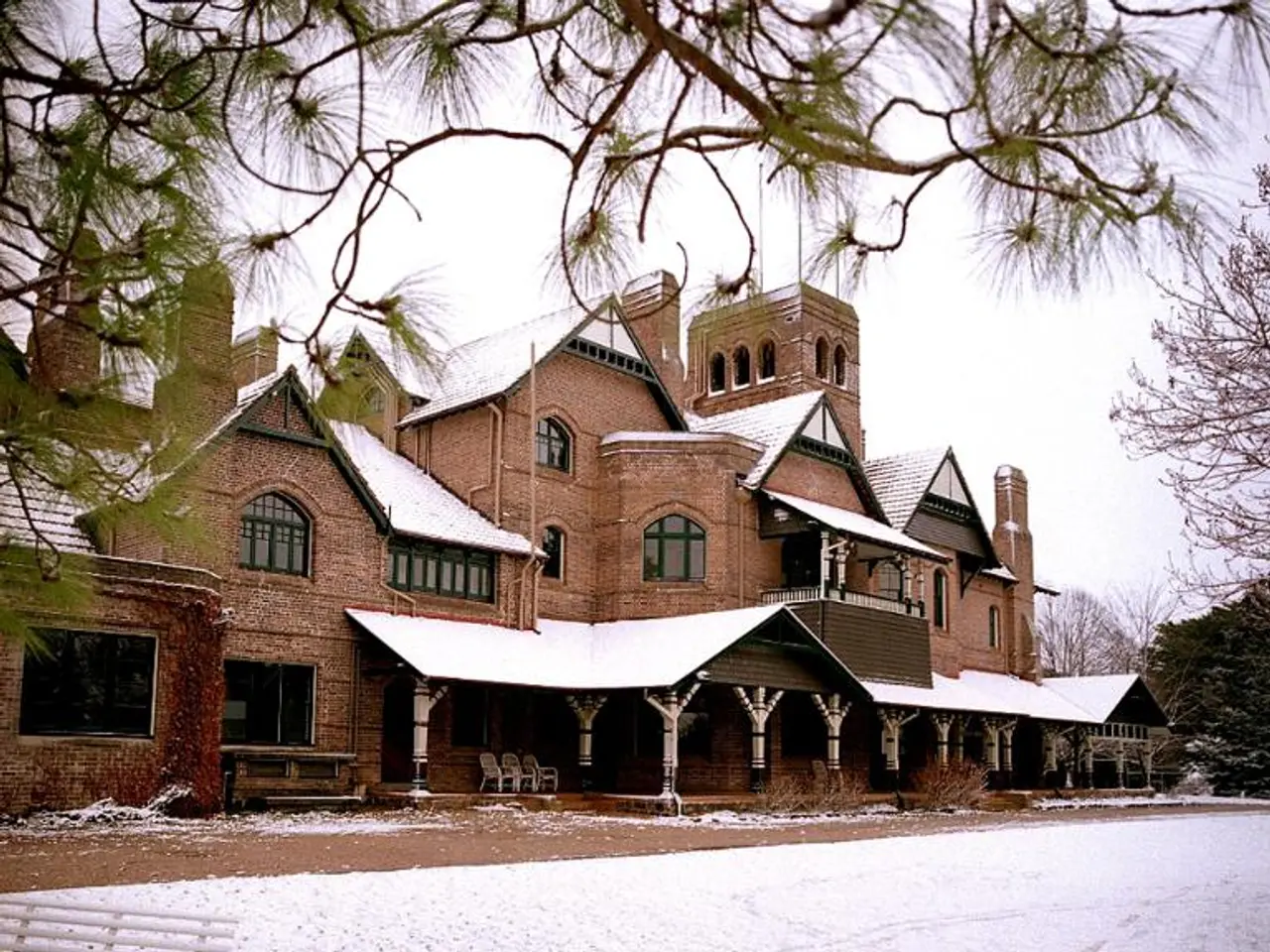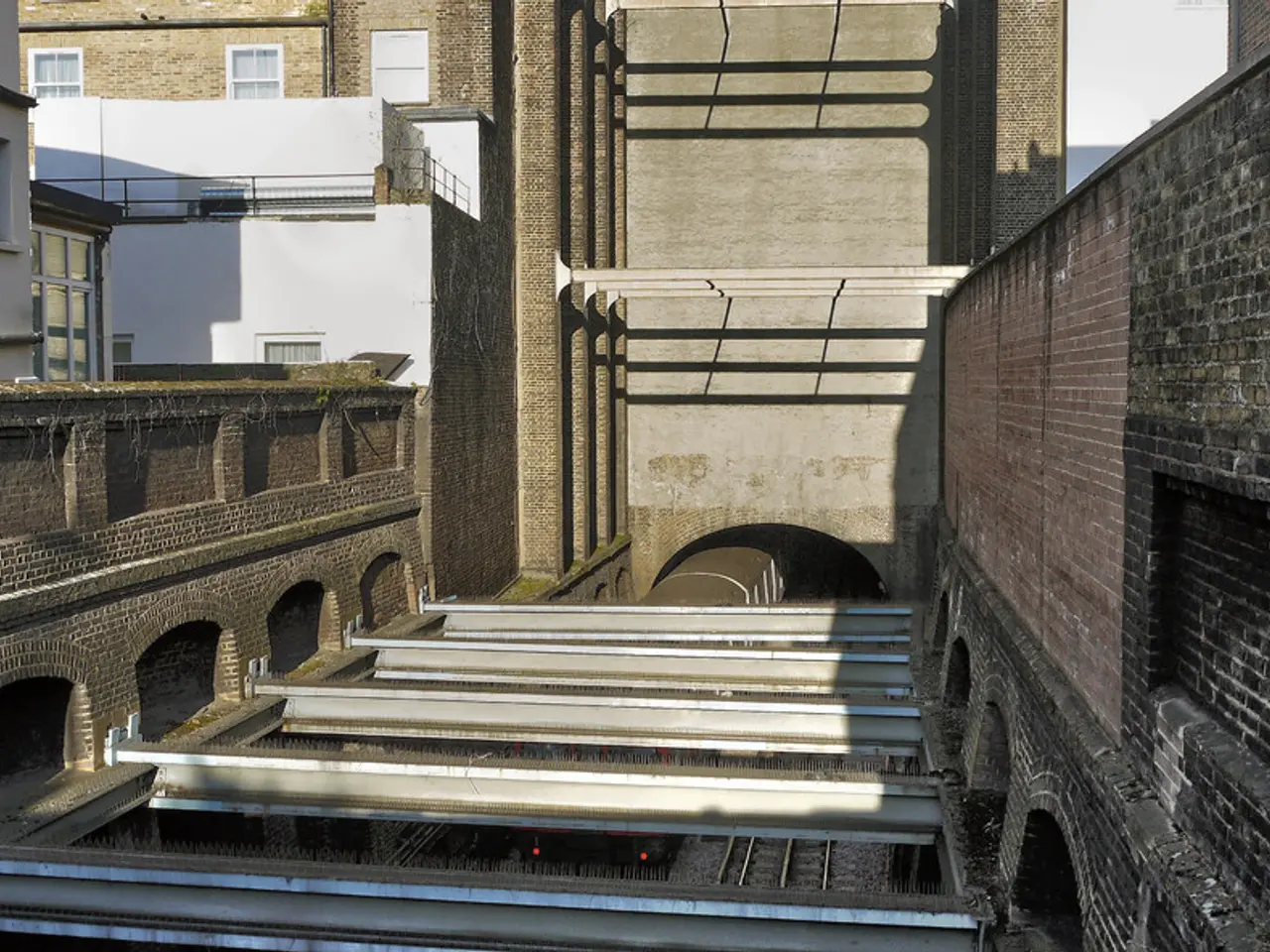Accelerated building projects due to LBO modifications?
Accelerating Construction and Simplifying Regulations: Baden-Württemberg's State Building Code Reform
Baden-Württemberg has enacted a comprehensive reform of its State Building Code (LBO), aiming to speed up building construction and simplify procedures while maintaining quality. The reform, known as the "Law for Faster Building", came into effect on June 28, 2025.
The reform targets reducing the duration and complexity of approval procedures and certain regulatory standards to boost the competitiveness of the construction sector in Baden-Württemberg. Key impacts on construction speed and quality include:
- Faster permitting procedures: An expansion of simplified building permit processes and the introduction of a permit fiction, which means permits are considered granted if authorities do not decide within a set timeframe. This reduces delays caused by long bureaucratic approval periods.
- Reduction of procedural formalities: The abolition of the legal opposition in building matters, limiting neighbor participation deadlines, and restricting delivery formalities for permits all contribute to swifter administrative handling.
- Expansion of authorized persons: Allowing more qualified professionals to submit building documents facilitates more flexibility and potentially faster submissions.
- Relaxation of some building standards: Reforms of setback regulations, the redesign of playground obligations, and simplifications in distance regulations and fire protection can reduce construction complexity and costs without compromising essential building quality and safety norms.
- Promotion of renewable energy infrastructure: Expanding procedural freedom supports sustainable building practices aligned with current energy and environmental goals.
The reform also affects residential buildings, with the simplified building permit procedure being extended to residential buildings up to building class 4, and changes of use to residential being generally exempt from procedure in the future. The new type permit allows for location-independent standardized building projects, such as prefabricated houses or charging stations, to shorten planning processes.
Regulations in municipal (design) ordinances that previously hindered solar energy use will have an implementation/adaptation period until September 28, 2025. The reform of the state building code expands and simplifies the possibilities for the procedure-free installation of solar installations, particularly free-field solar installations.
The permit fiction in the simplified building permit procedure is expected to significantly accelerate decision-making processes by deeming a permit granted if no other decision is made within three months after submission of the complete building application. The requirement to build children's playgrounds can be replaced by a monetary fee in the future, with the fee proceeds designated for a specific purpose.
Building approval applications are intended to be deemed approved within three months. The building permit procedure is being reformed by abolishing the objection procedure, introducing a permit fiction, or allowing a type permit. The reform is part of a broader state and federal initiative to improve economic competitiveness and support sustainable development.
In summary, Baden-Württemberg’s LBO reform accelerates building construction by streamlining and simplifying permit processes, relaxing specific regulatory standards, and enhancing procedural clarity, which together are expected to improve building speed while maintaining responsible quality control. The reform moves away from the "gold standard" towards more self-responsibility and ensuring a "minimum standard" for healthy and safe living conditions.
- The economic and social policy reform in Baden-Württemberg, known as the "Law for Faster Building", not only accelerates construction but also extends simplified building permit procedures to residential buildings up to class 4.
- Beyond construction, the reform promotes sports and sustainability by facilitating the expansion of renewable energy infrastructure, such as free-field solar installations, and improving economic competitiveness.








